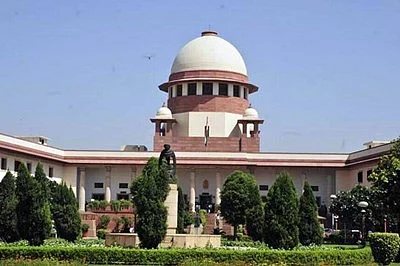New Delhi : States have been kept out of the ambit of NEET — the common entrance test for medical courses — for now.
After much deliberation, President Pranab Mukherjee on Tuesday morning signed on the Centre’s executive order which says that the uniform medical entrance examination will not be mandatory for students appearing for the exam in 2016.
The Ordinance circumvents a Supreme Court ruling that one exam should be held for students across India.
There were three objections against implementing NEET from 2016. They were – most of the aspirants had been preparing as per the old syllabus, many of them were from regional language boards and the time was too less to adapt to the new format.
Significantly, the Ordinance also says that the all-India uniform medical entrance examination, which is now to be held in all medical colleges from the next academic year (2017–2018), shall be not only in English and Hindi but also in “such other languages as may be prescribed.”
The Centre has incorporated this provision in the Ordinance to accommodate students in states who take the state-level entrance test in regional languages.
The Central Board of Secondary Education (CBSE) had refused to conduct the National Eligibility-cum-Entrance Test (NEET) in any other language except English and Hindi, when the Apex Court decided to make it mandatory. The Ordinance does not specify NEET as such but talks of the “uniform entrance examination.” It also makes it clear that states like Rajasthan and Madhya Pradesh, which had opted for NEET, cannot now conduct own entrance examination for admissions in the medical colleges. It stipulates that all other state governments’ seats in government and private medical colleges in other states shall be filled through the state’s own test, but only during the current academic year of 2016-17.The Ordinance published in the Gazette Extraordinary also makes the uniform entrance examination mandatory for both undergraduate and postgraduate levels. Exemption to the states that want to give admission for the last time through own entrance test has been given through a proviso clause that “notwithstanding any judgment or order of any court, the provisions of this section shall not apply to the uniform entrance examination at the undergraduate level for the academic year 2016-17.”
A team of Health Ministry officials had waited anxiously this morning at Rashtrapati Bhavan, just in case there were further queries from Pranab Mukherjee and hoping that he would sign on the file before leaving for China.






